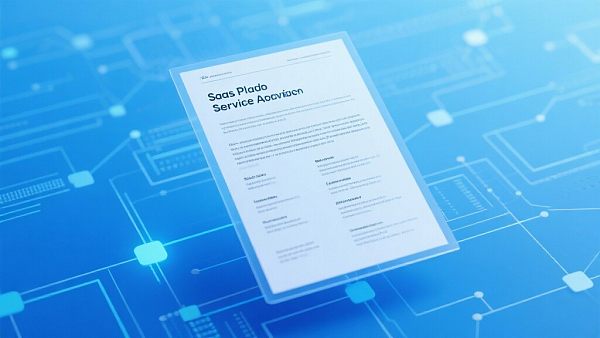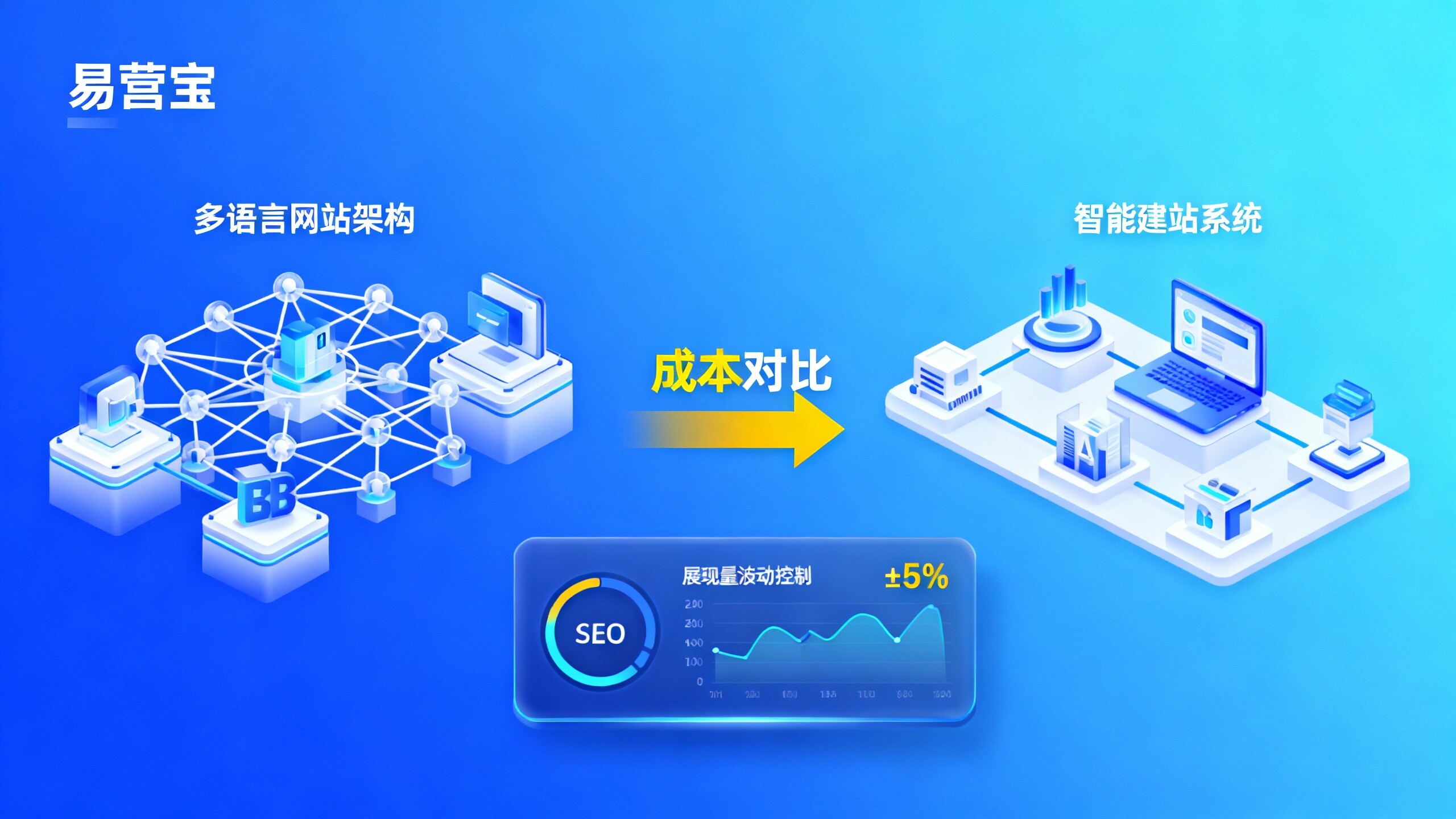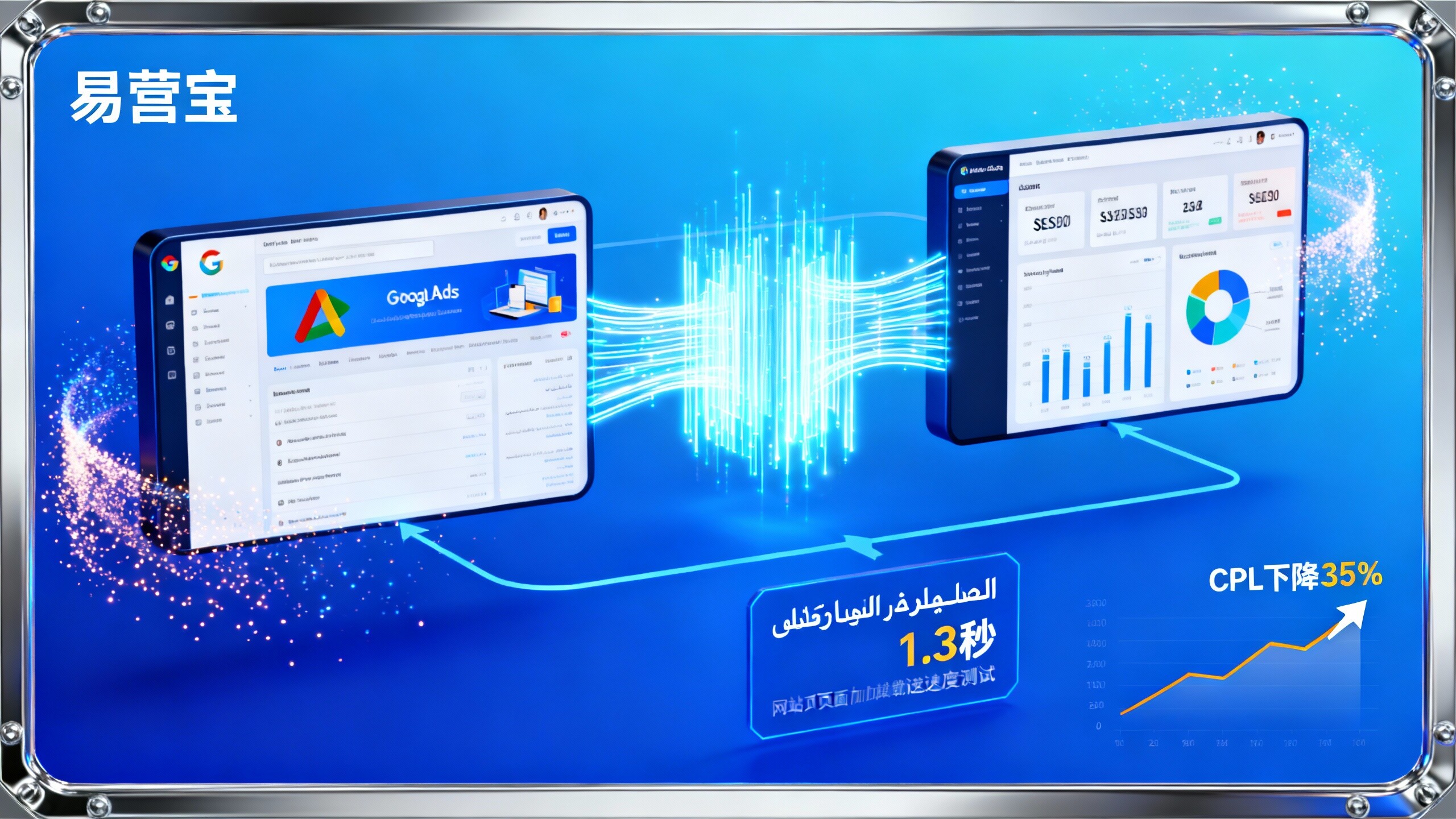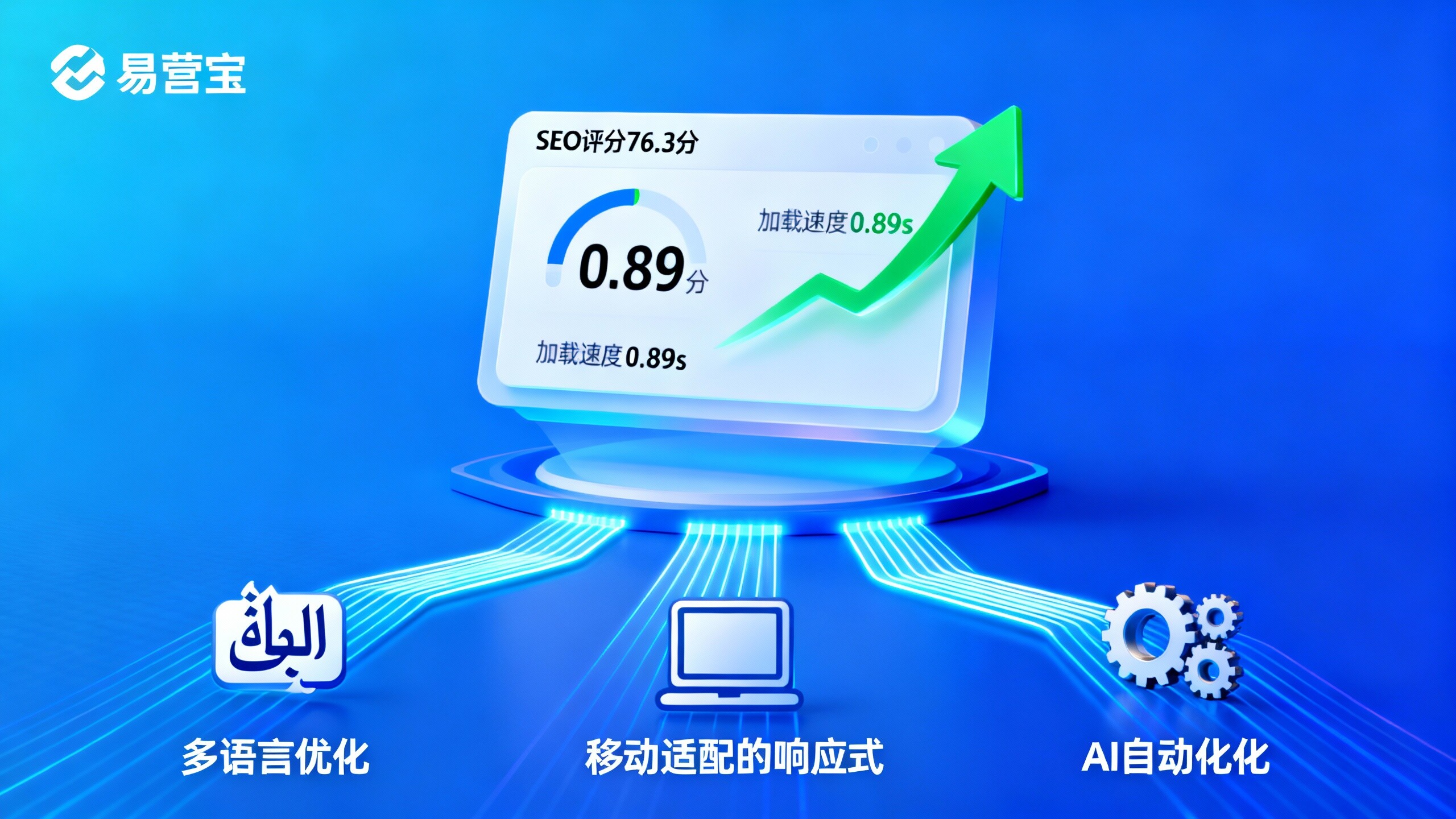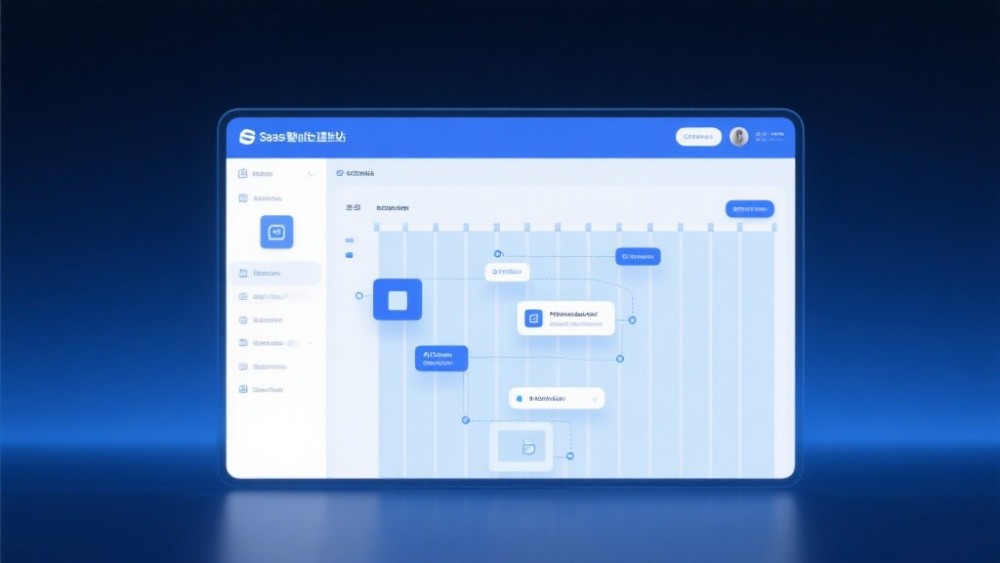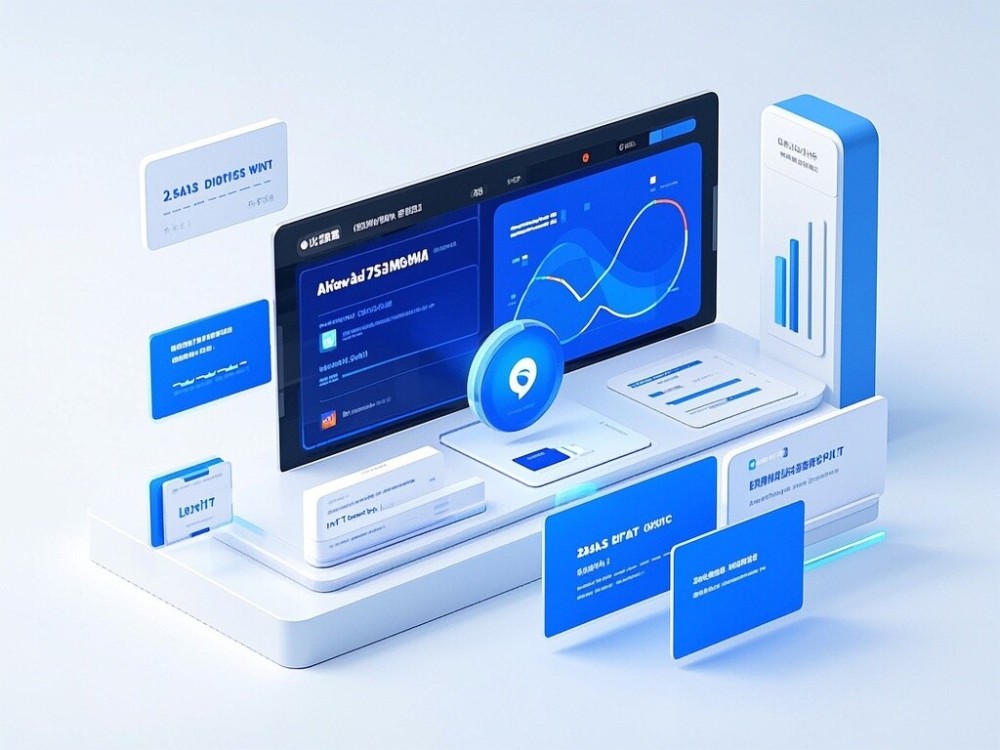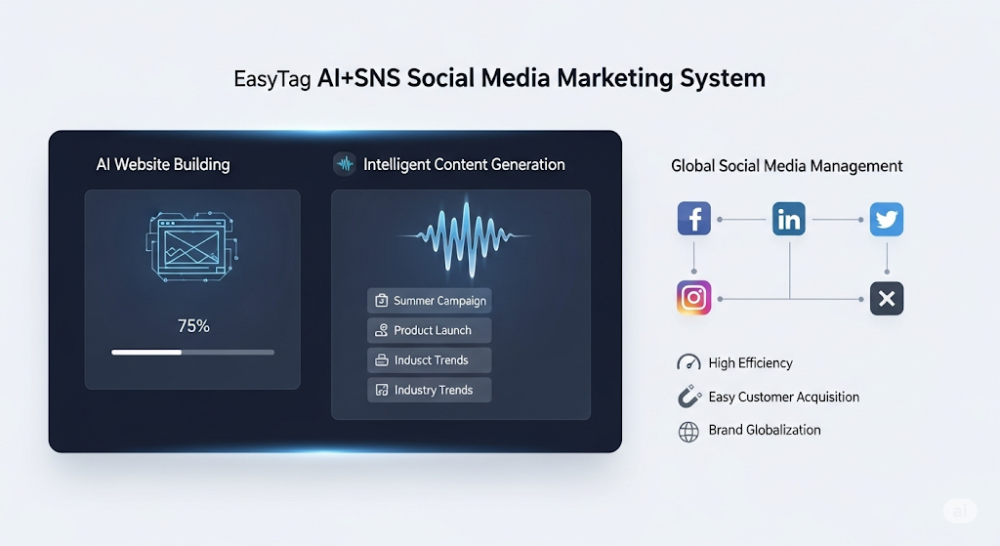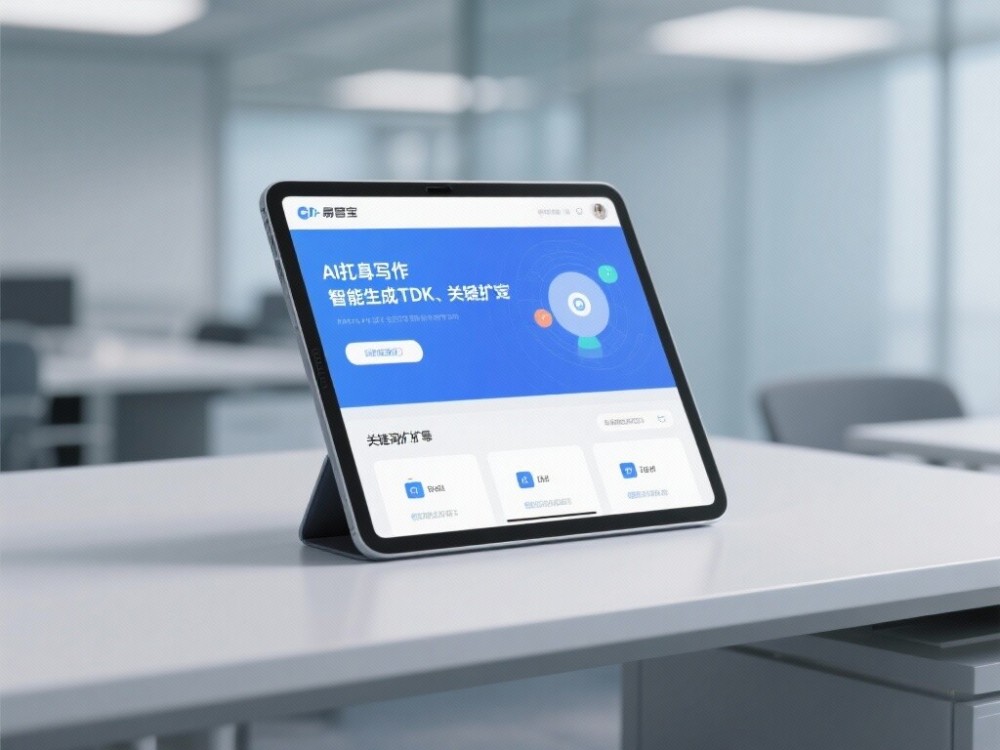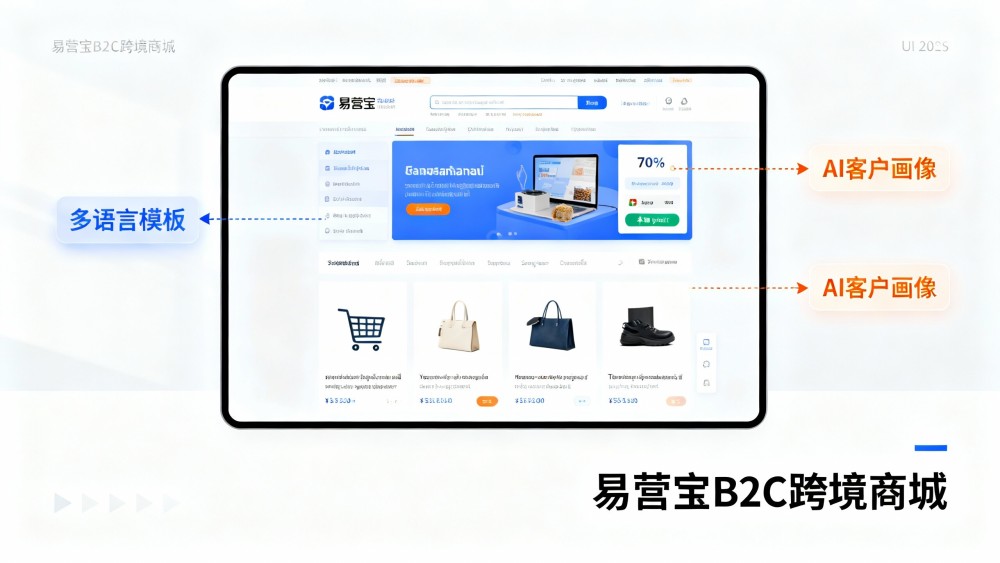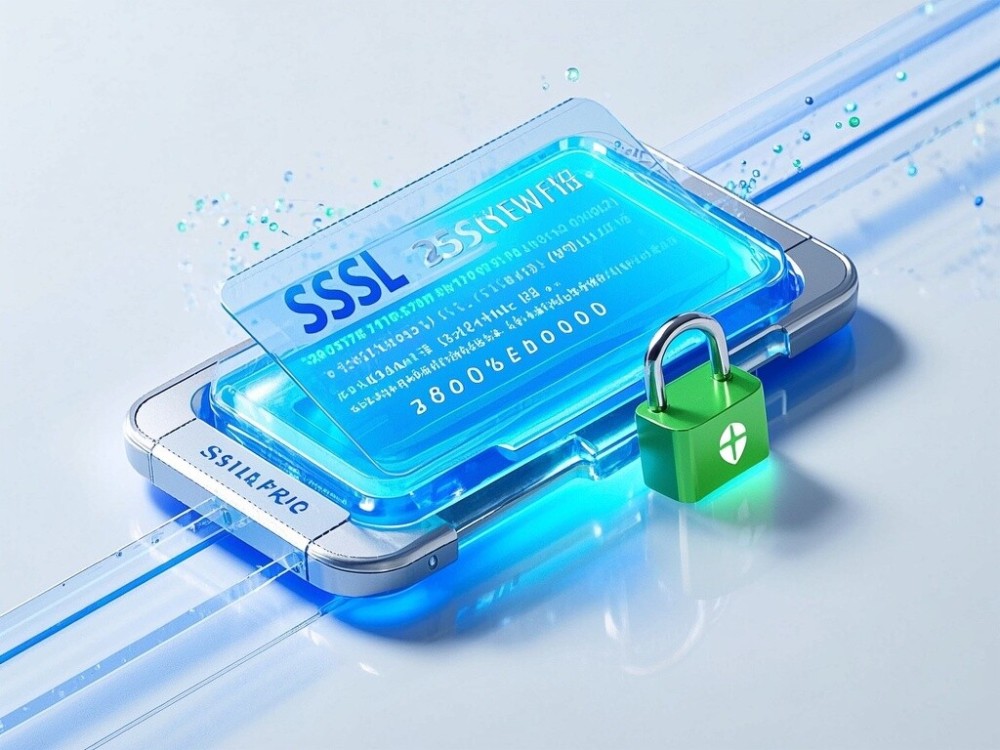- Is building a multilingual website for international trade expensive? Comparing the long-term cost differences between plugin-based multilingual solutions and intelligent website builders in SEO maintenance and content synchronization.2026-02-02View details
- What Makes Integrating Independent Site Advertising with SEO Challenging? The Full Process of How a Shenzhen Hardware Exporter Reduced CPL by 35% Through 'Advertising Traffic + SEO Conversion'2026-02-03View details
- How Does EYingbao Smart Website Builder Perform? Real-World SEO Scores, Conversion Rates, and Operational Costs Report After 6 Months of Use by Foreign Trade Enterprises2026-02-02View details
- Which Yandex SEO Optimization Service is the Best? A Real-Life Ranking Improvement Case Study from Beijing's Professional Team in the 2024 Russian Market2026-02-03View details
- Which Yandex SEO Optimization Service Provider is the Best? Real-World Results of Russian Market Promotion Efforts Revealed2026-02-02View details
- How to effectively promote a multilingual foreign trade website after its construction? — Based on the German website's search traffic stability validation method after revision2026-02-01View details
Contract Executor Must Know: Key Clause Analysis of SaaS Platform Service Agreement
Key Clauses Analysis of SaaS Platform Service Agreements
In the digital era, SaaS platform service agreements are crucial legal documents for business collaboration. As a contract executor, understanding key clauses in the agreement is paramount. This article will delve into the core clauses of SaaS platform service agreements, helping you mitigate risks and enhance contract execution efficiency.
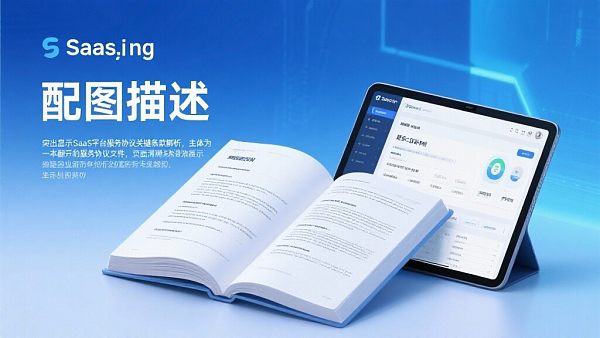
1. Data Security and Privacy Protection
Data security is one of the core clauses in SaaS platform service agreements. The agreement typically specifies data ownership rights, data processing methods, and data protection measures. For example, E-Commerce AI Website Building Systems adopts global server acceleration technology to ensure data security during transmission and storage. Additionally, the agreement should clarify liability allocation and compensation mechanisms in case of data breaches.
2. Service Level Agreement (SLA)
The Service Level Agreement is a vital standard for measuring SaaS platform service quality. The agreement should define service availability, response times, and fault resolution procedures. For instance, E-Commerce's AI-driven marketing platform promises 99.9% service availability and provides real-time monitoring and fault alert mechanisms.
3. Intellectual Property
Intellectual property clauses are another key component of SaaS platform service agreements. The agreement should specify ownership and usage rights of the software, content, and technologies provided by the platform. For example, in E-Commerce's smart website building solutions, all AI-generated content and algorithms are owned by the company, with clients granted usage rights only.
4. Termination Clause
Termination clauses outline the conditions and procedures for contract termination. The agreement should specify notice periods for early termination, data migration support, and post-termination fee settlements. For instance, E-Commerce's reseller policies require a 90-day advance notice for early termination and provide data migration assistance.
5. Fees and Payment
Fees and payment terms are among the most critical concerns for contract executors. The agreement should clearly state the fee structure, payment cycles, and consequences of late payments. For example, E-Commerce's SaaS platform adopts tiered pricing, allowing clients to choose suitable packages based on business scale.
6. Liability Limitation
Liability limitation clauses define the platform's responsibility constraints under specific circumstances. The agreement should address handling procedures for force majeure, third-party service failures, and other scenarios. For instance, E-Commerce's global server acceleration service disclaims liability for service interruptions caused by force majeure events.
7. Dispute Resolution
Dispute resolution clauses establish methods for handling contract disputes. The agreement should specify the governing jurisdiction or arbitration body for disputes. For example, E-Commerce's city partnership agreements stipulate that all disputes be submitted to the Beijing Arbitration Commission for resolution.
8. Customer Case Studies
Below are some successful case studies of clients using E-Commerce's SaaS platform:
- An e-commerce enterprise achieved a 200% sales increase through E-Commerce's social media marketing strategies.
- An educational institution improved website SEO performance by 150% using E-Commerce's smart website building solutions.
9. Frequently Asked Questions (FAQ)
Q: How to choose the right SaaS platform?
A: Selection should be based on business requirements, budget, and the platform's technical capabilities.
Q: What are the differences between E-Commerce's Guangzhou City Partner and Shenzhen City Partner policies?
A: The policies differ slightly in support intensity and market resources; specific details can be consulted with local operations teams.
10. Why Choose E-Commerce?
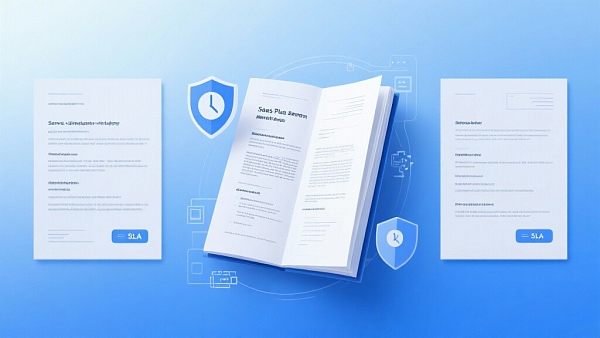
As one of China's top 100 SaaS enterprises, E-Commerce provides end-to-end solutions from intelligent website building to global server acceleration, with AI-driven marketing platforms at its core. Our technological advantages and global deployment ensure clients receive optimal service quality and support.
Related Articles
![Is building a multilingual website for international trade expensive? Comparing the long-term cost differences between plugin-based multilingual solutions and intelligent website builders in SEO maintenance and content synchronization. Is building a multilingual website for international trade expensive? Comparing the long-term cost differences between plugin-based multilingual solutions and intelligent website builders in SEO maintenance and content synchronization.]() Is building a multilingual website for international trade expensive? Comparing the long-term cost differences between plugin-based multilingual solutions and intelligent website builders in SEO maintenance and content synchronization.
Is building a multilingual website for international trade expensive? Comparing the long-term cost differences between plugin-based multilingual solutions and intelligent website builders in SEO maintenance and content synchronization.![What Makes Integrating Independent Site Advertising with SEO Challenging? The Full Process of How a Shenzhen Hardware Exporter Reduced CPL by 35% Through 'Advertising Traffic + SEO Conversion' What Makes Integrating Independent Site Advertising with SEO Challenging? The Full Process of How a Shenzhen Hardware Exporter Reduced CPL by 35% Through 'Advertising Traffic + SEO Conversion']() What Makes Integrating Independent Site Advertising with SEO Challenging? The Full Process of How a Shenzhen Hardware Exporter Reduced CPL by 35% Through 'Advertising Traffic + SEO Conversion'
What Makes Integrating Independent Site Advertising with SEO Challenging? The Full Process of How a Shenzhen Hardware Exporter Reduced CPL by 35% Through 'Advertising Traffic + SEO Conversion'![How Does EYingbao Smart Website Builder Perform? Real-World SEO Scores, Conversion Rates, and Operational Costs Report After 6 Months of Use by Foreign Trade Enterprises How Does EYingbao Smart Website Builder Perform? Real-World SEO Scores, Conversion Rates, and Operational Costs Report After 6 Months of Use by Foreign Trade Enterprises]() How Does EYingbao Smart Website Builder Perform? Real-World SEO Scores, Conversion Rates, and Operational Costs Report After 6 Months of Use by Foreign Trade Enterprises
How Does EYingbao Smart Website Builder Perform? Real-World SEO Scores, Conversion Rates, and Operational Costs Report After 6 Months of Use by Foreign Trade Enterprises
Related Products

